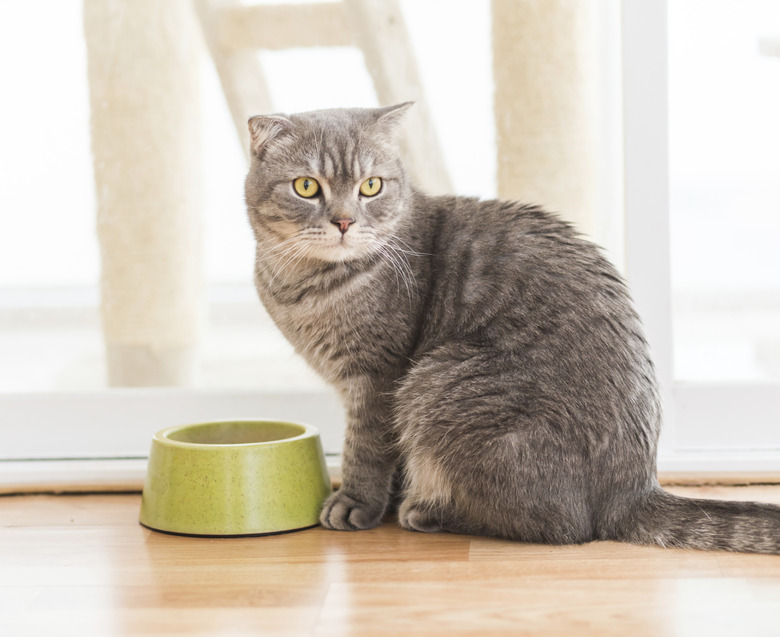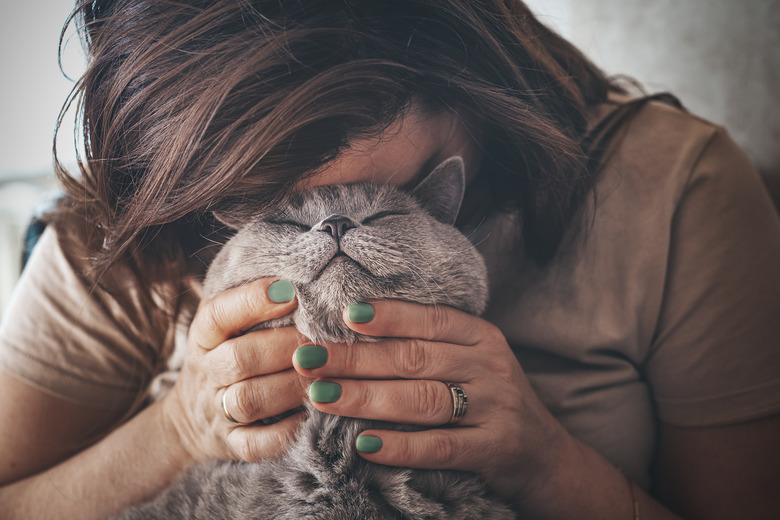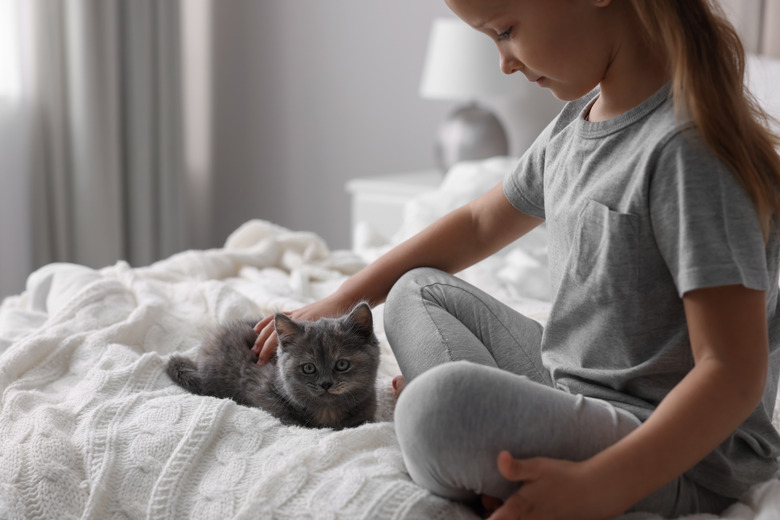Final Stage Kidney Failure In Cats: Symptoms, Treatments & Supportive Care
Final symptoms of kidney failure in cats include complete unwillingness to eat, weakness and lethargy, vomiting, and convulsions. It's obvious that your cat is dying. At this point, you have some difficult decisions to make. You can try some aggressive treatment options that might buy them a little more time, or you can humanely euthanize them.
Signs of kidney failure in cats
Signs of kidney failure in cats
By the time your cat was diagnosed with kidney failure, their kidneys had probably been failing for quite some time. Chronic kidney disease is divided into four stages, with stage IV the most severe. Most cats don't start showing clinical signs of renal failure until stage III. At that point, the kidney function decreases to less than 25 percent of their capacity. Your veterinarian will prescribe a special kidney diet for your pet. If you can afford it, your cat might benefit from fluids given subcutaneously to help hydration and to flush out buildup.
There's no cure for kidney failure other than the extremely expensive exception of a kidney transplant. Even if money is no object, your cat must be healthy enough to undergo the surgery, and they will also require special medications or supplements for the rest of their life. Veterinary facilities performing this procedure generally require that you adopt the cat donating the kidney.
What happens when a cat's kidneys reach the end stage IV
What happens when a cat's kidneys reach the end stage IV
Loss of appetite, lethargy, and convulsions aren't the only symptoms that cats in stage IV kidney failure may exhibit, although they are the most common. The appetite loss generally results in weight loss and dehydration. Some cats develop bad breath or mouth sores and may experience vomiting, diarrhea, urinary tract infections, incontinence, or litter box issues.
Chronic kidney failure usually affects older cats, but younger felines afflicted with the condition may lose their teeth. Because renal failure affects the calcium and phosphorus in your cat's body, they might easily break bones.
Supportive care when your cat’s symptoms of kidney failure progress
Supportive care when your cat's symptoms of kidney failure progress
When your cat's kidneys are operating at under 15 percent of capacity, they have entered stage IV kidney failure, also known as the end stage progression of the disease. At that point, they are probably not eating because they constantly feel nauseous.
Besides any medications they are already receiving, your veterinarian might recommend a few palliative care treatments to give your pet some additional quality time. These include a 72-hour intravenous fluid treatment, done in the hospital, followed by subcutaneous fluids given at home. If they are not eating the special kidney diet, your vet might suggest an appetite stimulant or anti-nausea medication in addition to feeding them any kind of cat food or even human food that they will eat. Your cat's not going to live much longer, so let them indulge in their final days.
Knowing when to let go of your cat
Knowing when to let go of your cat
It's hard to let go of a cherished pet. There's no way to sugarcoat that fact. Still, because you love your cat, you don't want them to suffer. Your veterinarian can guide you in this difficult decision. They will know if your ailing feline is experiencing pain and if their quality of life is gone. You probably know that too, but it's good to hear it from a professional. You can make euthanasia arrangements with your veterinarian, including whether you want to be present to say goodbye. Your veterinarian can also handle burial or cremation details.
The bottom line
The bottom line
End stage kidney failure is a very serious condition that often doesn't present any symptoms until the cat is approaching the final stage. Progression of the disease causes vomiting, diarrhea, loss of appetite, and weight loss. Your veterinarian should monitor your cat's kidney functions, including their creatinine levels, with blood tests and be available to discuss palliative care and euthanasia options in their final days.


